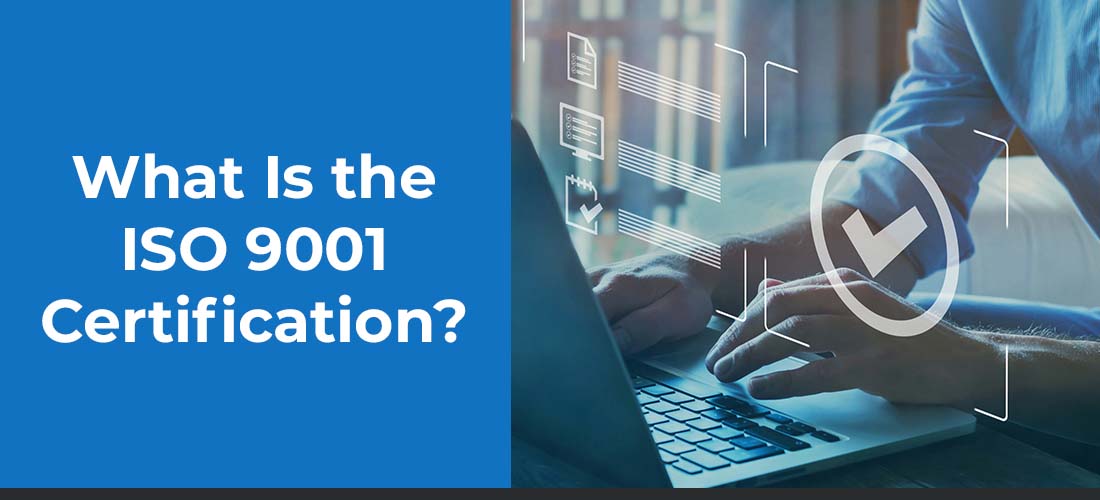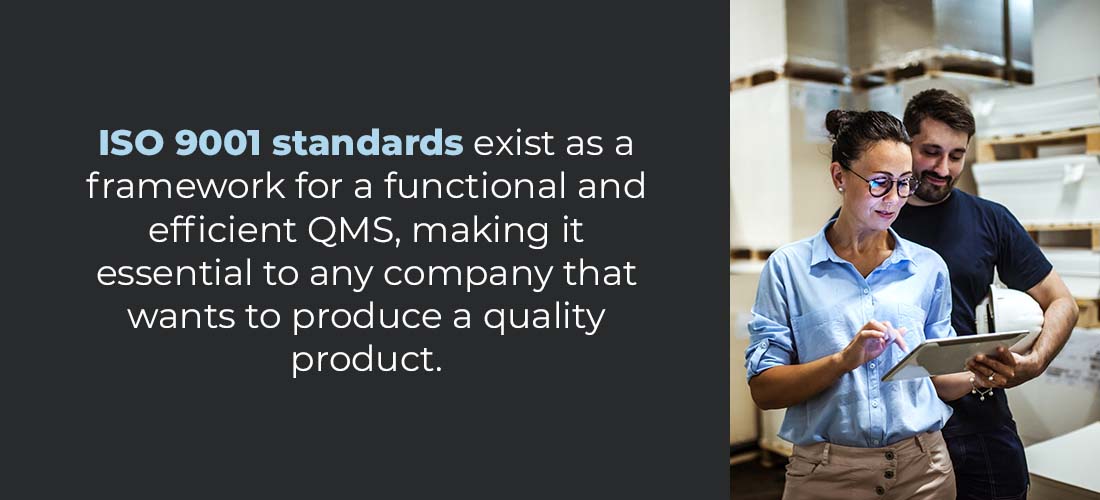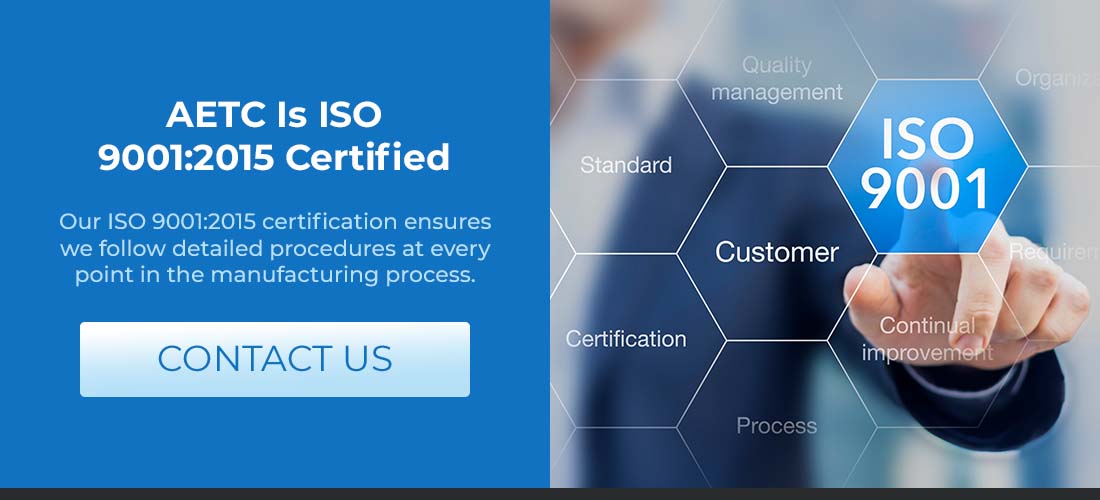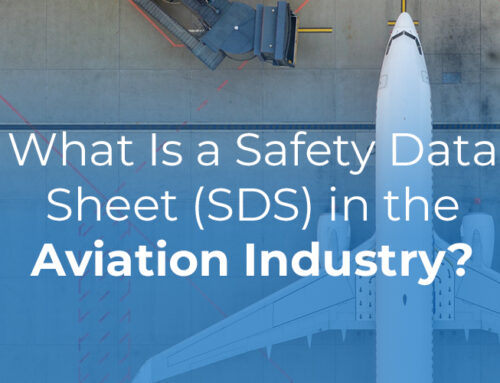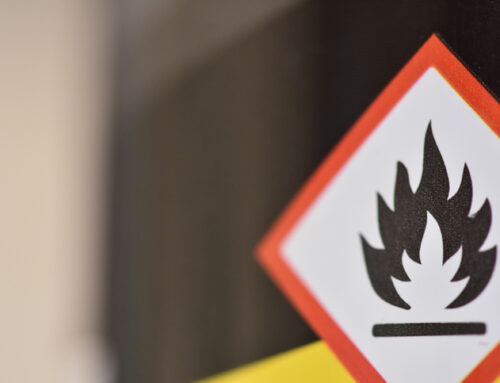Regardless of your industry or professional background, you’ve likely come across the phrase “ISO 9001 certified.” It’s typical to see this claim with manufacturers and tech companies. An ISO 9001 certificate is based on rules and regulations from the International Organization of Standards (ISO).
Any company can create internal rules and procedures, but there’s no true way to tell if your processes are the best ones available. ISO addresses this issue by setting the standards every operation can base their procedures on. This standardization eliminates the need to question process quality, and it gives consumers the certainty they need for their products and services.
What Does It Mean to Be ISO 9001 Certified?
An ISO certification in the 9000 family establishes that all processes, systems, services and documentation in place at a company align with the international standards for quality assurance. The ISO sets the requirements based on safety, quality and efficiency, and it has standards in place for a wide range of industries.
The ISO 9001 certification refers to the international standards for a quality management system (QMS). A QMS is a formal system for documenting procedures, processes and responsibilities to meet objectives and align with policies. Under the ISO 9001 certification, companies learn how to address several aspects of a QMS, including:
- Instructions and procedures
- Internal processes
- Data management
- Customer satisfaction measures for product quality
- Quality analysis
Companies of all sizes can hold an ISO 9001 certification. When a business has this certificate, it means they follow all the procedures outlined in the framework. While ISO develops the standards for the certification, it does not distribute the certificates. Companies must contact third-party certification bodies to receive the accreditation.
Since these standards apply to quality management systems across industries, the ISO 9001 certification is used worldwide. ISO states over 1 million companies follow their 9001 standards in 170 countries.
Why Does ISO Certification Matter?
ISO 9001 standards exist as a framework for a functional and efficient QMS, making it essential to any company that wants to produce a quality product. With it, an organization can gauge the effectiveness of its management system, and this is valuable in three areas:
- Operations: With ISO structures in place, companies can keep operations consistent and efficient. Streamlined quality management means businesses can boost productivity and achieve more in less time. While they can produce more products, they can also reduce the costs associated with mistakes.
- Environment: Consistency and efficiency also lead to waste reduction and lower energy consumption. Companies are more likely to get products right the first time, limiting the energy and materials involved in manufacturing. While added environmental qualities are better for the planet, they can also appeal to more eco-conscious buyers.
- Customer relations: Buyers expect products that perform as they’re meant to. Quality management systems are a way for companies to ensure product consistency and performance. Standards for the QMS can reduce human error involved in the quality assurance process and give consumers the products they can trust. Building this trust leads to committed buyers.
With ISO standards recognized around the globe, some companies or clients may only choose to work with organizations that hold a relevant ISO certification. While governmental bodies can’t require these standards, operating without them often sends a message about the quality of a business.
Different Types of ISO Certification
The International Organization of Standards is a massive entity with a wide range of standards regarding all types of industries and processes. You may have seen many companies mention their ISO certification, but not every certificate is the same.
The ISO 9000 family is all about quality assurance. This family of standards includes fundamentals, vocabulary and quality management for an overall organization. ISO 9001:2015 is the only standard in this family that can be certified, and it specifically refers to quality management systems within companies.
ISO 9001 is not the only standard under the organization. For example, ISO 14001:2004 is the standard for creating and maintaining an environmental management system. ISO 22000 is about global regulations for food handling and security.
Having a basic understanding of ISO regulations can help you understand a companies capabilities and standards in their industry. ISO 9001:2015 is still the most widely held certificate because quality assurance involves a broad number of industries.
AETC Is ISO 9001:2015 Certified
ISO 9001 certifications are essential for technical, high-risk industries, which is why AETC is ISO 9001:2015 certified. We’ve manufactured aircraft pyrotechnic equipment since 1978, and we continue to evolve our process to bring our products to the forefront of technology.
Safety and quality are always a priority, and our ISO 9001:2015 certification ensures we follow detailed procedures at every point in the manufacturing process. Our clients trust us to provide safe and precise products, and we deliver. Explore our products today, and get in touch to learn more about our capabilities.

